Top Free APIs for Reliable Crypto Statistics: A Developer’s Guide
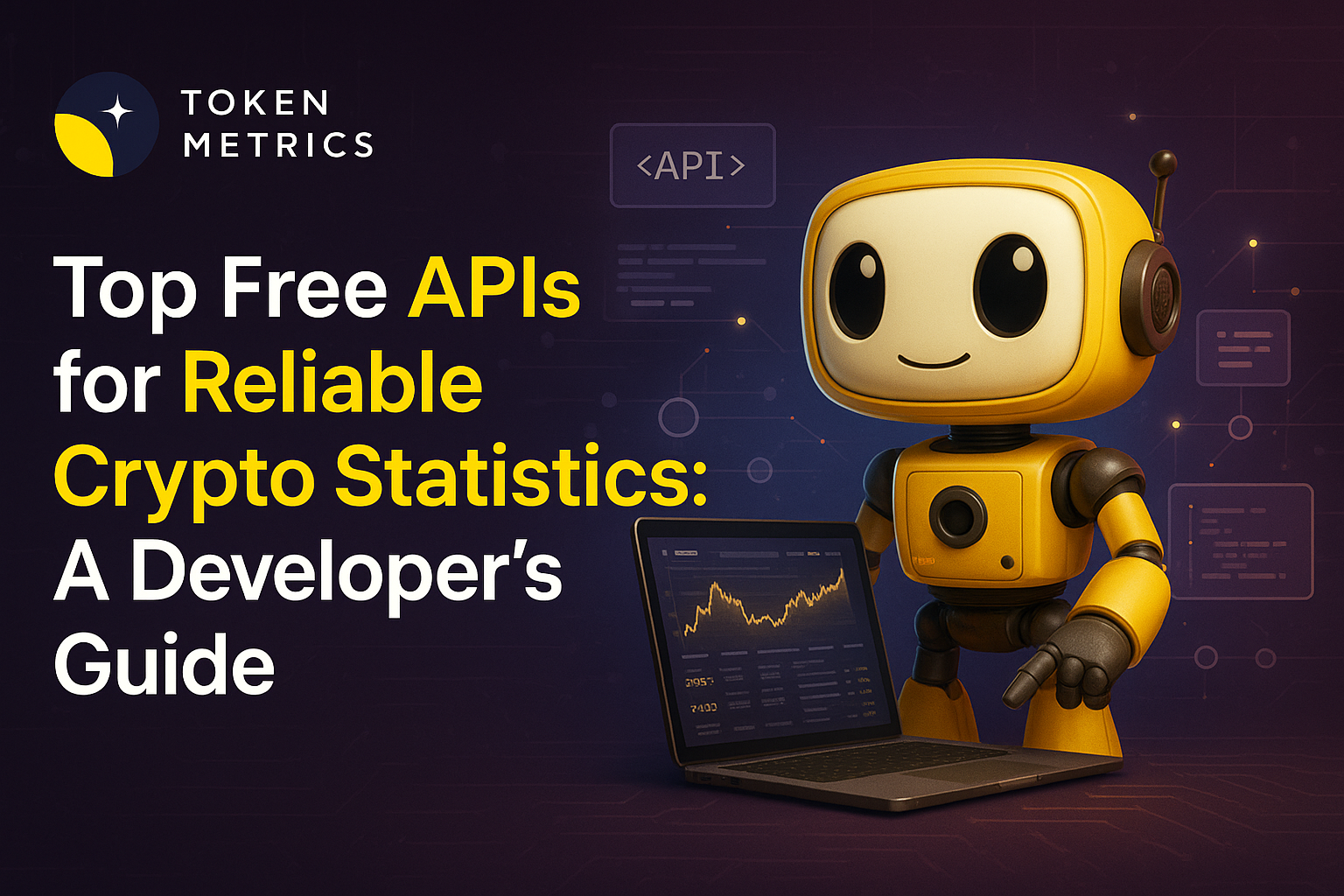
Whether you’re a crypto enthusiast building a portfolio tracker, a data scientist enhancing your research with blockchain statistics, or a developer powering an AI agent with on-chain data, the right API can unlock game-changing insights without hefty costs. As access to transparent crypto data becomes increasingly important, many turn to free APIs to gather reliable stats on digital assets—yet navigating the options can be daunting. In this guide, we break down some of the best free APIs for crypto statistics, what to consider when choosing one, and how developers leverage these tools for research, analytics, and building smarter applications.
Understanding Crypto APIs and Why They Matter
A crypto API (Application Programming Interface) serves as a bridge between live blockchain data and your application or research workflow. These interfaces allow you to fetch real-time prices, historical charts, market capitalization, trading volumes, on-chain metrics, and sometimes deep project statistics. Unlike manual data collection, APIs automate the process, saving vast amounts of time and reducing human error. As web and AI applications increasingly rely on real-time digital asset data, choosing trustworthy and feature-rich APIs is critical for accuracy and efficiency.
- Real-time stats: APIs enable on-demand access to fast-moving market data across hundreds or thousands of tokens, exchanges, and blockchains.
- Historical analytics: Developers and analysts can retrieve time-series data for backtesting or portfolio analysis.
- On-chain insights: Some APIs focus on network activity, token holders, or smart contract interactions—critical for blockchain research and AI models.
Best Free Crypto APIs for Stats: Comparing Top Choices
Not all free APIs are equal. Here are some reputable platforms that provide complimentary tiers for accessing crypto stats, with a brief overview of their strengths:
- CoinGecko API: Widely used for its open and generous free tier, CoinGecko offers real-time prices, historical data, market cap, volume, and metadata for thousands of coins. Its robust documentation and community support make integration straightforward for beginners and pros.
- CoinMarketCap API: Backed by a vast database, CoinMarketCap delivers real-time and historical market data for tracked assets, with basic statistics available on its free plan. Request limits are lower than some competitors, but it’s useful for basic queries.
- CryptoCompare API: Provides aggregated price feeds, exchange data, coin ratings, and social sentiment—great for broad coverage. Its free plan comes with limited calls and fewer custom features versus paid tiers.
- Blockchain.com Data API: Focused on Bitcoin network metrics (hash rate, block details, raw transactions), this API is perfect for on-chain analytics, albeit limited to BTC.
- Token Metrics API: For developers wanting to go beyond standard stats, the Token Metrics API offers a free tier for real-time prices, trading signals, AI-powered analytics, and on-chain data in a single endpoint. It’s designed for advanced research and integration with AI agents.
- Messari API: Delivers in-depth fundamental data, project profiles, and select statistics via its free tier. Messari’s API is a favorite for those seeking fundamental, non-price metrics.
- Glassnode API (Community Tier): Excellent for network analytics and on-chain visualization—limited to select metrics but highly useful for technical research.
Each API varies in terms of available endpoints, usage limits, latency, and scope. For many projects, especially AI-driven tools and bots, evaluating these criteria is just as important as price.
Key Criteria: How to Evaluate a Free Crypto Statistics API
Before selecting an API, developers and data analysts should apply a systematic framework to ensure the tool matches their use case. Consider:
- Data coverage: Does the API offer all needed endpoints—prices, volumes, on-chain stats, project metadata?
- Reliability: Look for uptime records, user reviews, and community trust. Frequent outages or unmaintained APIs might undermine your project.
- Rate limits: Free plans often cap daily or minute-by-minute requests. Ensure these align with your data frequency needs (e.g., real-time vs. periodic updates).
- Data freshness: Latency matters. Markets move fast, so choose APIs that minimize lag in delivering updates.
- Documentation and support: Good docs speed integration and reduce errors. Community forums or Discord support are big pluses for troubleshooting.
- Special features: Some APIs offer unique endpoints for social sentiment, AI signals, on-chain analytics, or cross-chain support.
Researching these factors upfront will help avoid integration headaches later.
Practical Ways to Use Free Crypto Stat APIs
Free APIs empower a variety of users beyond developers—from quant researchers to hobbyists, and even AI tool builders. Some common applications include:
- Portfolio analytics tools: Fetch live balances and historical prices for asset management dashboards.
- Market research bots: Build automated scrapers or AI agents that track trending assets and network activity.
- Academic research: Gather historical, social, and on-chain datasets for blockchain or financial research papers.
- On-chain anomaly detection: Monitor large transactions and changes in network metrics to surface suspicious or significant activity.
- Trading signal development: Test quantitative strategies using historical stat APIs—always in a research context (avoid investment advice).
Free APIs are especially valuable for prototyping or academic work, allowing experimentation without financial barriers.
Limitations and Considerations for Free Crypto APIs
While many free APIs are robust, it’s vital to recognize their limits:
- Restricted features: Advanced endpoints (like deep on-chain analytics or AI predictions) may require paid access or have throttled response times on free plans.
- Rate restrictions: Heavy use—such as running a live trading bot—may exceed free limits, resulting in failed requests or delayed data.
- Data accuracy: Verify data sources, as inconsistencies can occur in community-maintained APIs.
- Longevity and support: Free APIs may change terms or sunset endpoints with little warning; it’s smart to plan for redundancy or migrate to paid tiers if scaling a critical project.
Always monitor usage and test with sample queries before deeply embedding an API into your application stack.
Build Smarter Crypto Apps & AI Agents with Token Metrics
Token Metrics provides real-time prices, trading signals, and on-chain insights all from one powerful API. Grab a Free API Key
Frequently Asked Questions
What can I do with a free crypto stats API?
Free APIs allow you to retrieve real-time prices, historical price charts, market capitalization, volume stats, and sometimes deep on-chain or social data. Common use cases include research dashboards, portfolio tracking, market research bots, and academic studies.
How does free API data differ from paid API data?
Paid APIs often offer higher request limits, lower latency, access to premium or advanced endpoints (such as AI signals or on-chain analytics), and priority support. Free APIs typically have limited features but are sufficient for basic research and prototyping.
What are the main limitations of free crypto APIs?
Key limitations include lower request limits, restricted access to certain data types, potential delays in data refresh, and fewer customization options. Some free APIs may also reduce support or sunset features without notice.
How do I find the best API for my crypto project?
Assess your needs: data types, frequency, project scale, and supported tokens or blockchains. Compare APIs on criteria like data coverage, uptime, rate limits, and ease of integration. Experiment with sample calls and consult developer communities for reviews.
Are there legal considerations when using free crypto APIs?
Always review API terms of use and attribution requirements. Some APIs restrict redistribution or commercial use on free plans. Ensure compliance, especially if embedding data into public or monetized projects.
Disclaimer
This article is for informational and educational purposes only. It does not constitute investment advice, endorsement, or a recommendation. Always do your own due diligence and consult a professional before using financial or blockchain data in critical applications.
Create Your Free Token Metrics Account

.png)




%201.svg)
%201.svg)


%201.svg)



.png)

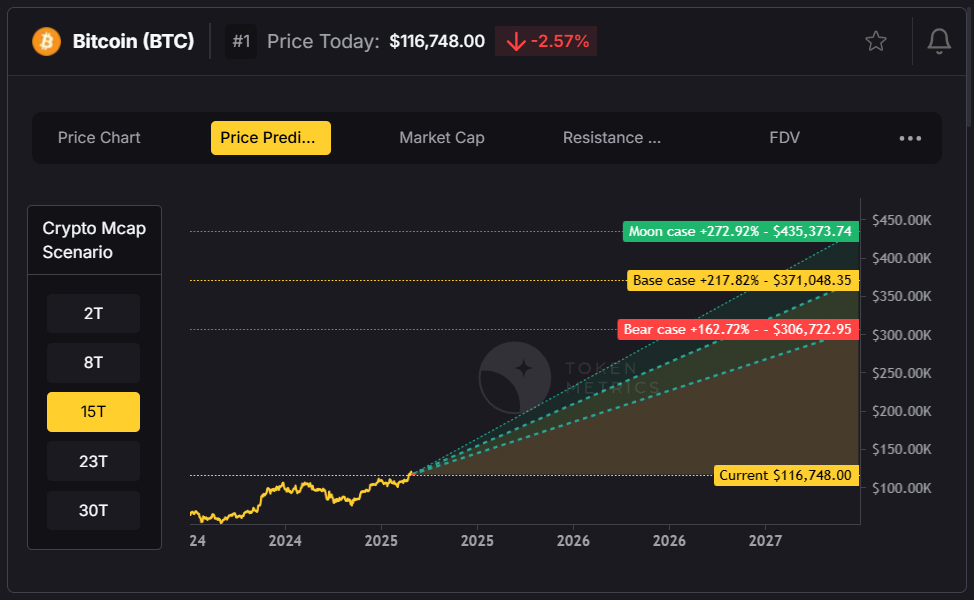


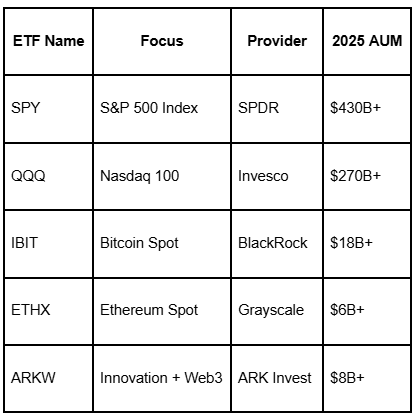
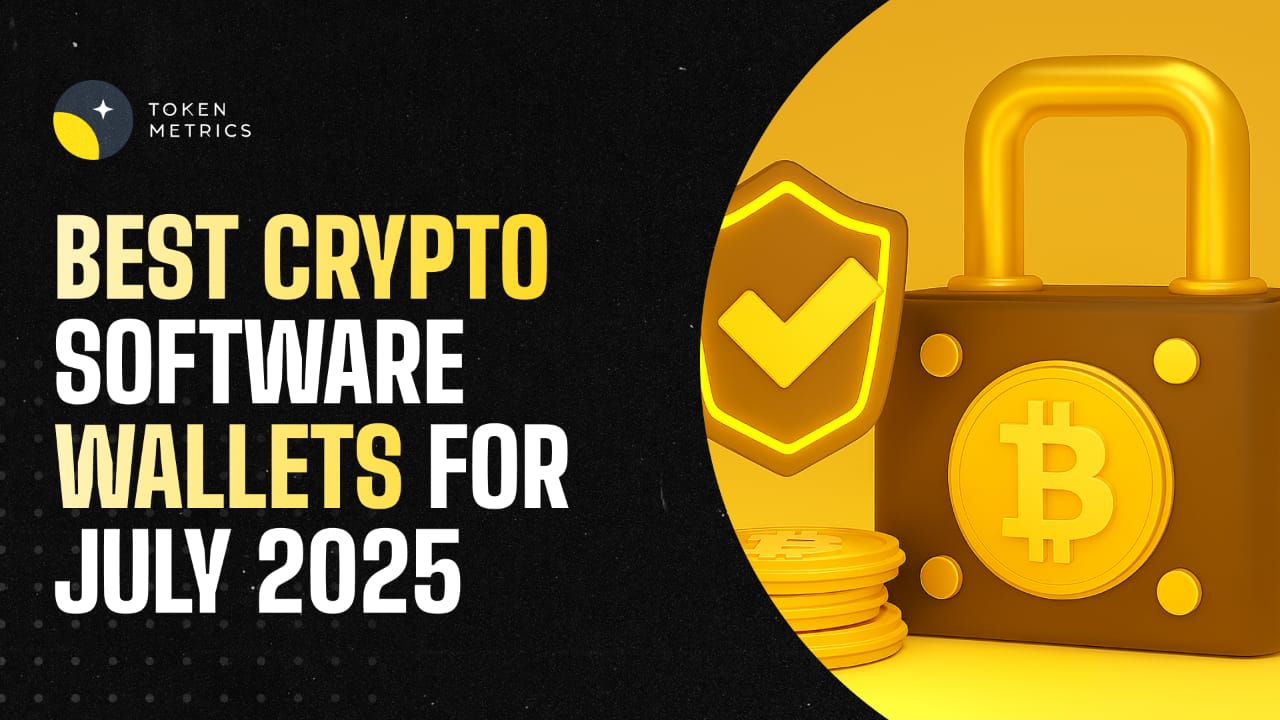



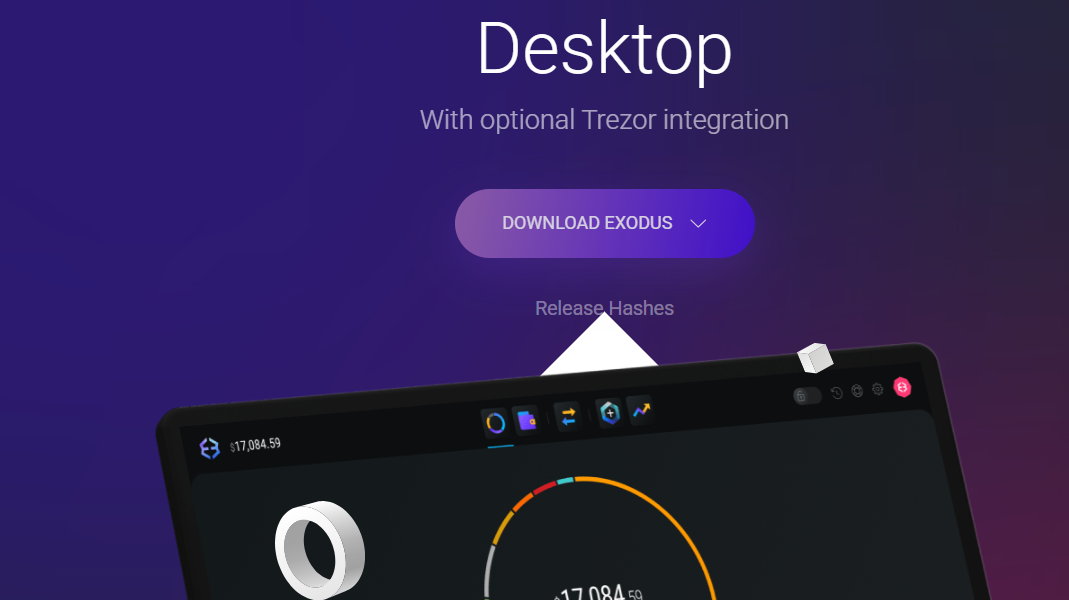
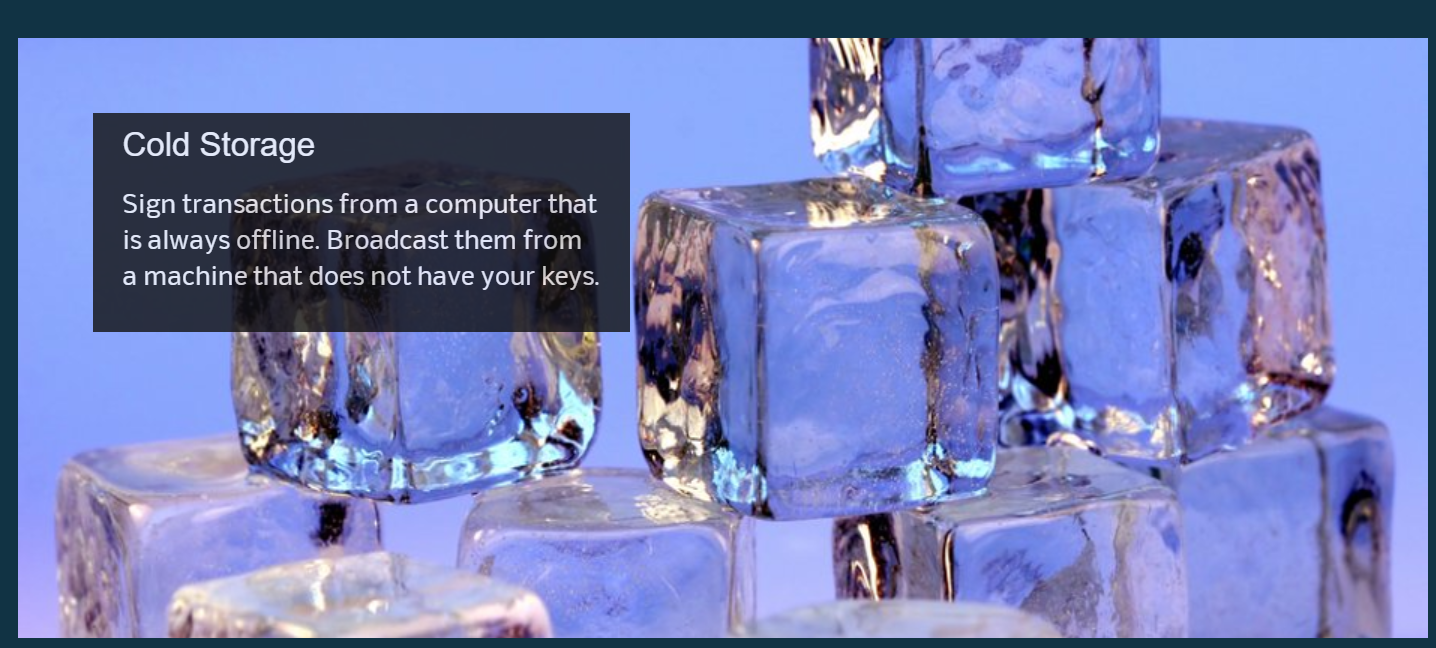


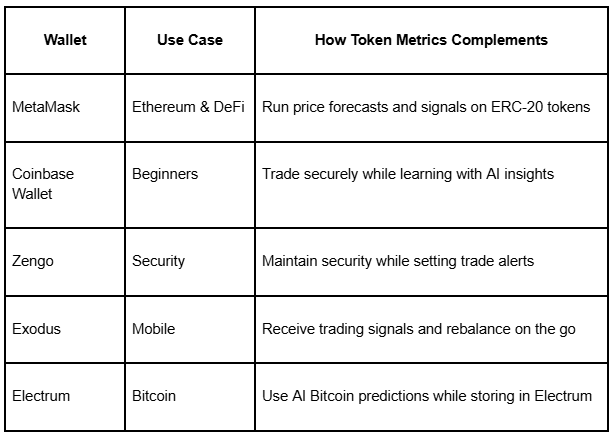
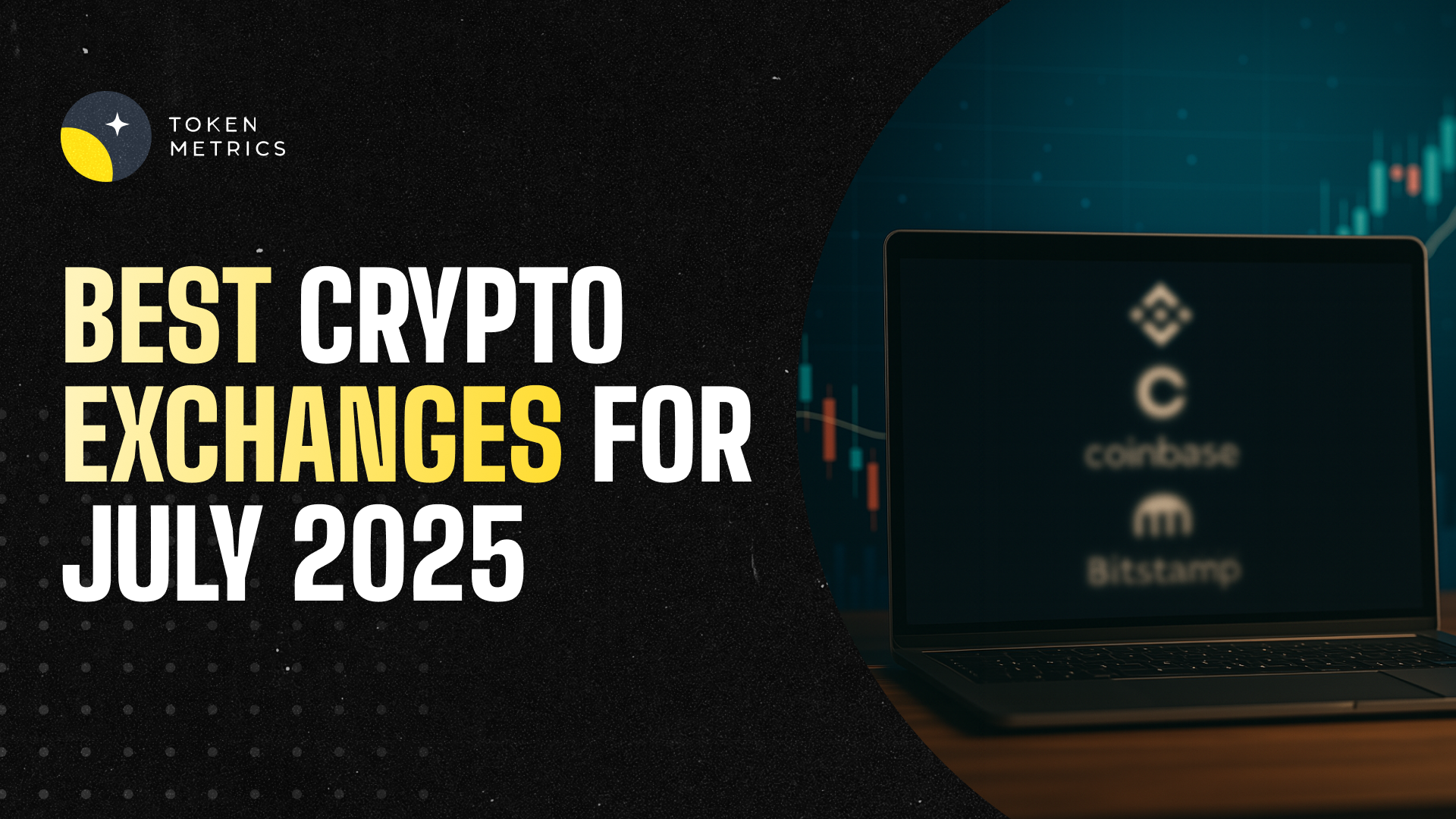
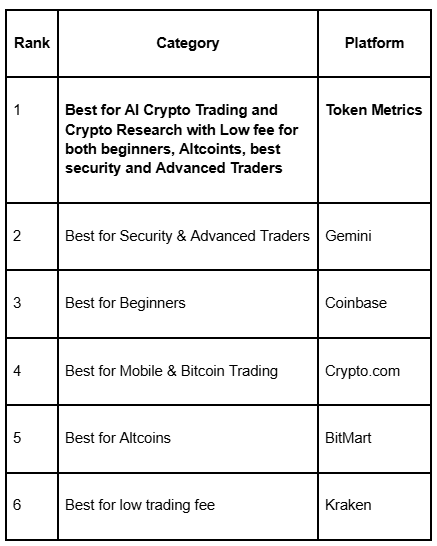



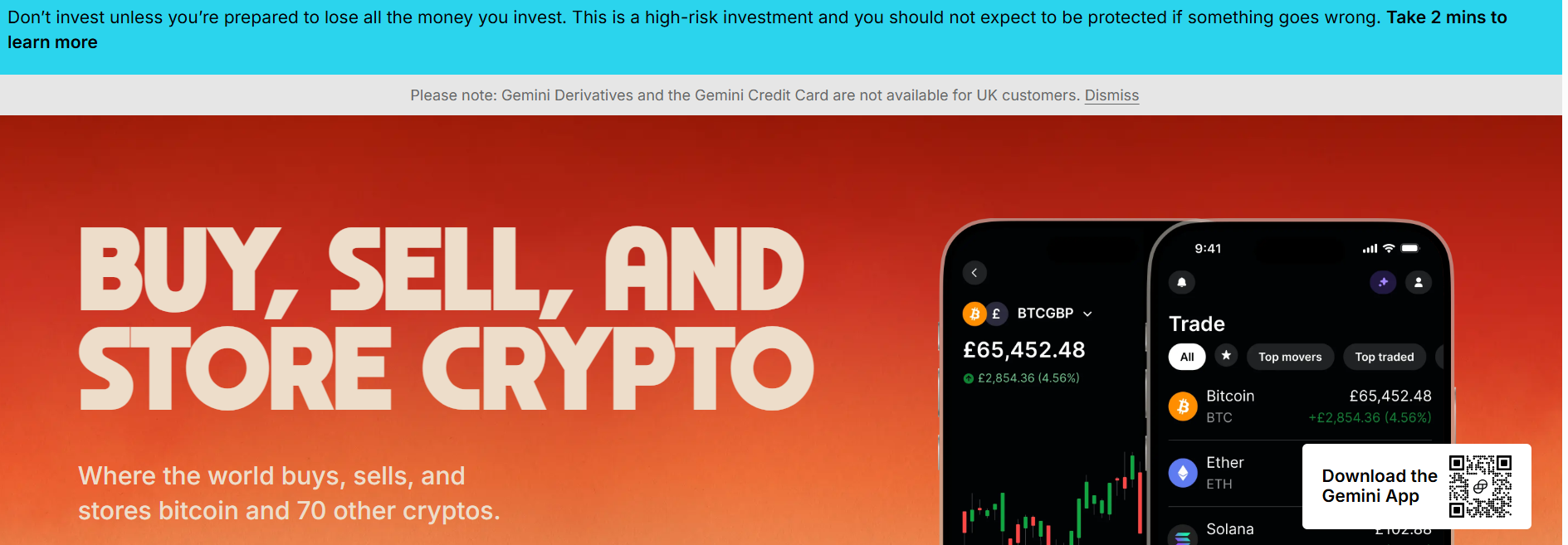
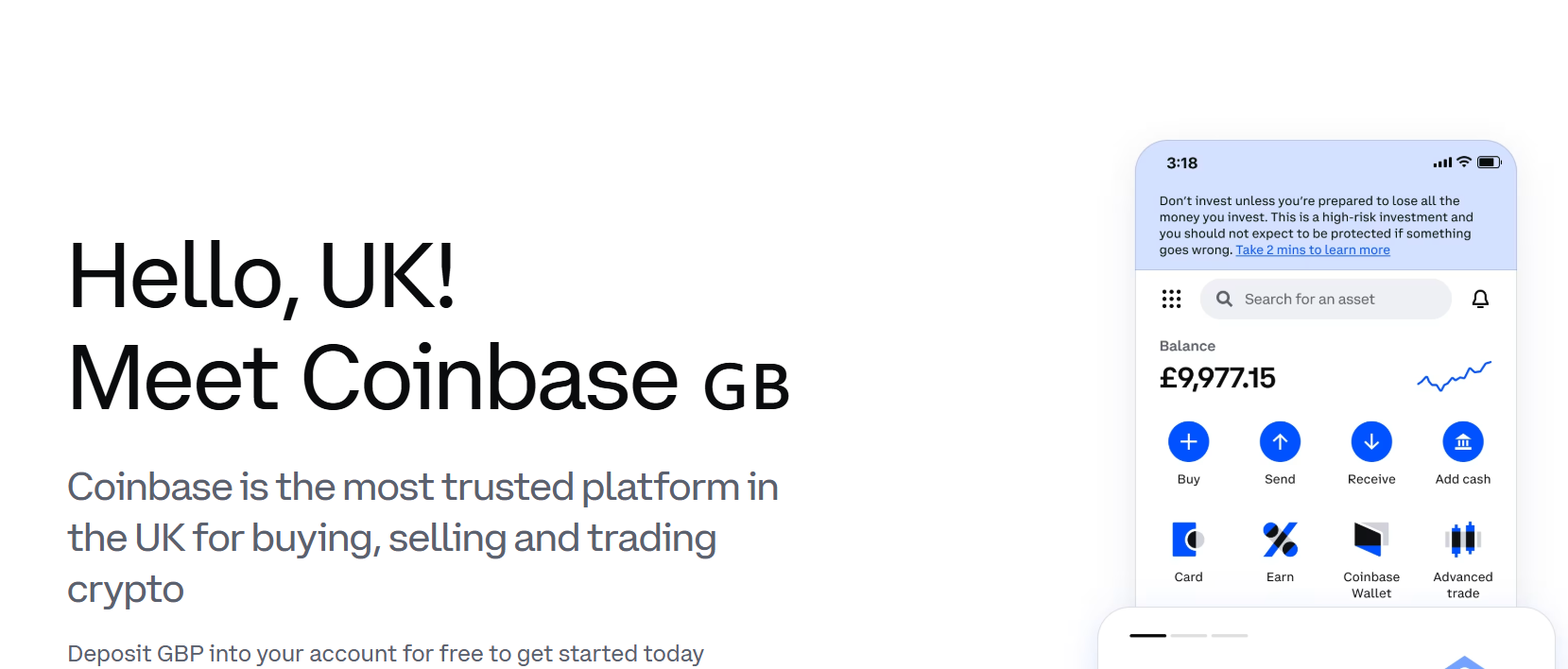
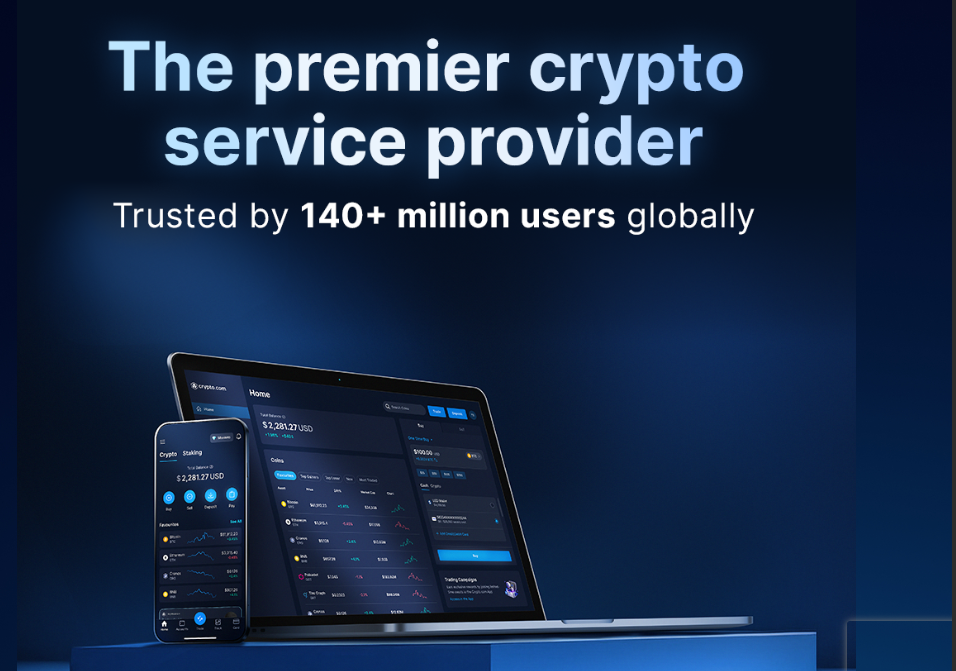
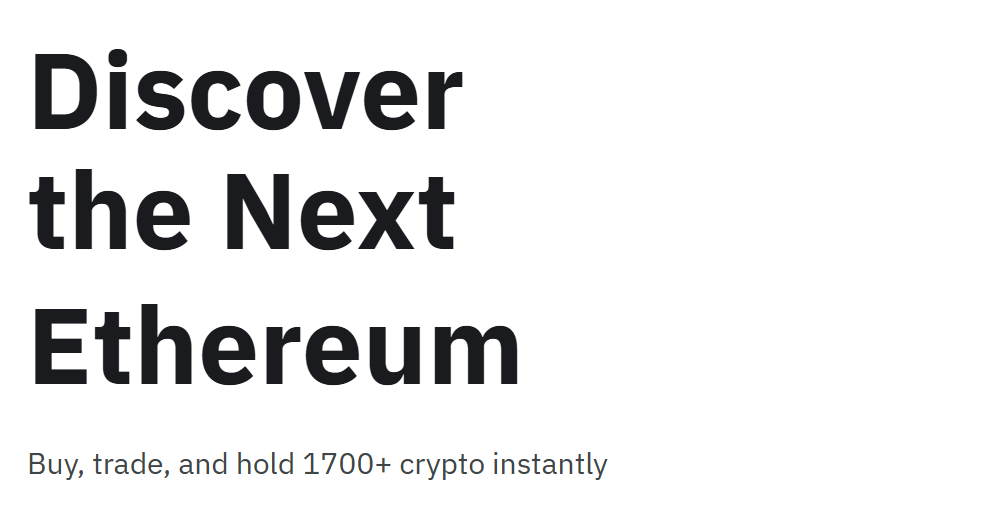
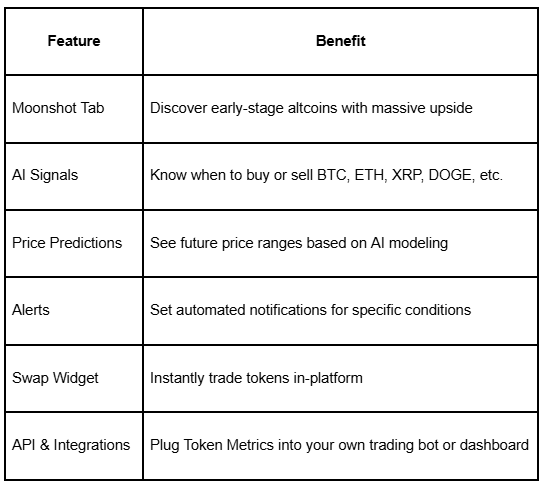




.svg)




.png)